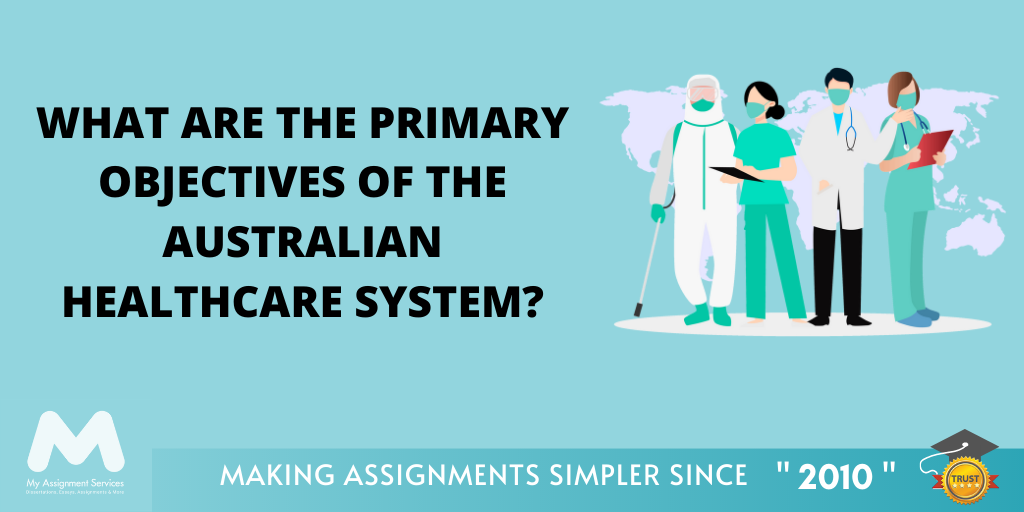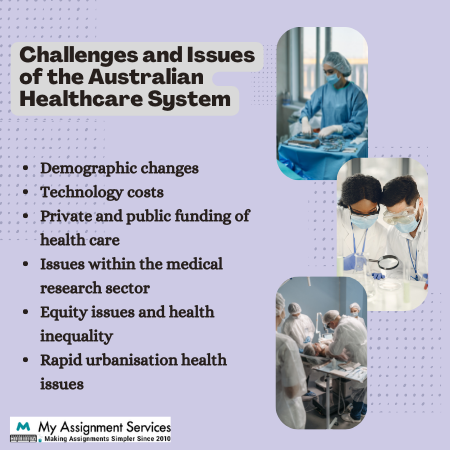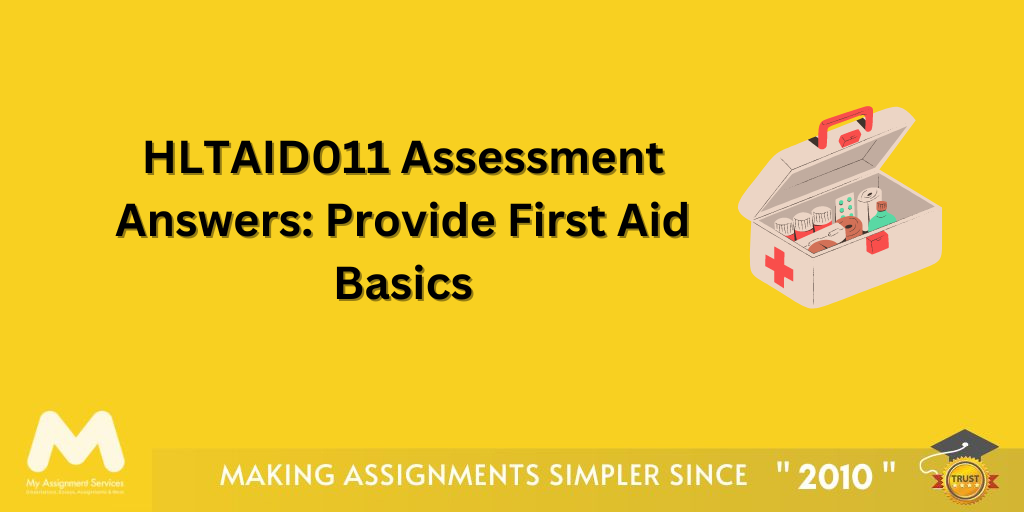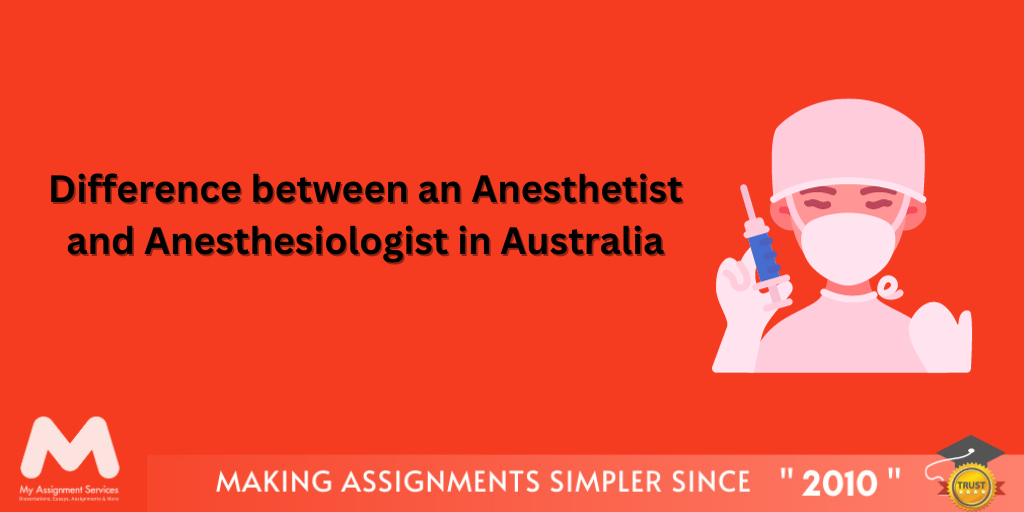What Are The Primary Objectives of the Australian Healthcare System?

According to the Australian government, healthcare has been one of the most in-demand industries. It might be just as popular in years to come, especially due to the need for nurses. Australia’s Healthcare workforce has been facing a shortage of over a hundred thousand nurses by 2025, which is predicted to increase upto 120,000 nurses by 2030.
The current Australian healthcare system focuses more on treatment than prevention. Over 80 per cent of deaths are due to chronic illness that can be prevented by early diagnosis and lifestyle intervention. Only 1.35 per cent out of the 195 billion AUD budget is one of the strengths of the Australian healthcare system but is used for prevention.
A good health system delivers the best-quality assistance to all individuals right when and where they might need it. - WHO(World Health Organisation).
Major changes are necessary to change this reactive illness healthcare system. Transforming it into prevention-oriented care will take time. The system needs a predictive and proactive approach to enhancing healthcare with personalised health data. Health care in Australia has its benefits and challenges that equally contribute to its effectiveness.
Read forth to learn more about the Australian Healthcare system's objectives, strengths, and challenges.

What is the Australian healthcare system structure?
The healthcare system in Australia is composed of many different health systems. The local governments, state and territory governments, and the Australian Government are responsible for the healthcare system's operation, funding, and management. The government develops the fundamental framework for the health system, yet, the private sector also helps fund and operates a few health services.
Private hospitals, special medical practices and pharmacies are funded through private health insurance. The roots of the healthcare system originate from the federal government system. Originally the states and local governments were responsible for providing healthcare, including services in the public hospitals.
According to the reports published by ABS ( Australian Bureau of Statistics), in 2021, over 56 per cent of Australians aged 15 and more reported to be in very good health. The condition has been stable over the last decade. In comparison, 15 per cent of the same age group reported fair or poor health.
The change in the Australian constitution in 1946 allowed the Australian government to intervene in funding public hospitals. The same resulted in the current structure of the Australian healthcare system, which is a joint venture between the Australian and state/local governments. The roles are divided among the three, but the Australian government does the major funding.
The responsibility of the Australian government includes developing the national health policy, providing budgets to various regions and states for public healthcare services, and allocating Medicare (GP and private health benefits). State governments fund and manage hospitals in the public sector, and privately licensed hospitals oversee the local health system.
Local governments focus on environmental health factors like waste removal, water fluoridation, society and personalised support and healthcare services, including health awareness activities. The three-level government is also responsible for the education and training of healthcare professionals, security and quality of such services and workforce regulation.
Nursing students are required to complete various coursework like case studies, clinical reflection, assignments, thesis, essays, ect. If you face trouble getting a hold of the technical jargons' enrol with us to get nursing assignment help at affordable prices.
What are the Australian healthcare system's strengths?
Any nation can only truly progress when they have a strong healthcare system to support citizens' health. The well being of the human resources or the working class defines the country’s productivity and financial strength. Similarly, the healthcare system in Australia is known as ‘Medicare’. The strengths of medicare include:
1. Medicare Benefits
Under the Medicare Benefits Schedule list, all the healthcare benefits and services that the Australian government supports are listed. It developed to the citizens' advantage as it contains information about various benefits, services, healthcare policies and updates on the healthcare policies.
2. Pharmaceutical Benefits Scheme
It is an initiative/scheme developed by the Australian government that allows the reduction of medicinal drug costs and helps make medicines available, accessible, and affordable.
3. Unique Healthcare Facilities
Other than funding and regulating the healthcare system, the three-tier government offer special healthcare services like:
- Providing and regulating private health insurance
- Monitoring quality, efficiency and effectiveness of primary health care services and public hospitals
- Finance aged care and veteran health care assistance
- Promoting healthcare and welfare news and statistics
- Funding medical research for improving the current medical facilities
- Ensuring regular healthcare staff distribution throughout the country
- Coordinating healthcare operations during the pandemic
Australia has over 1,300 private and public hospitals that deliver emergency care in-patient and outpatient care. The emergency department at public hospitals cares for 94 per cent of the cases and 96 per cent of outpatients. Private hospitals provide 67 per cent of all forms of surgery. - AIHW (Australian Institute of Health and Welfare)
The Australian healthcare system is one of the best globally and ranks #3 among the OECD (Organisation for Economic Co-operation and Development) countries. Its personalised healthcare for all ages and provision of affordable pharmaceuticals are a few factors that make it stand out.

What are the major challenges facing Australia's health care system?
A frequent pattern common for all developed countries is the frequent policy changes in the various sectors, the healthcare sector included. Australia is one of the leading countries in healthcare, but there’s a huge staff shortage that isn’t predicted to get better anytime soon. A few other challenges in the healthcare industry are:
- Demographic changes - change in population size and structure - resulting in increased healthcare costs.
- The development of new technologies for healthcare has resulted in government healthcare finding provision constraints.
- An increased need for technology in healthcare possesses financial pressure on the Australian healthcare system.
- The funding and alignment of research in healthcare have been shaken by the national healthcare priorities, which were even worsened due to the pandemic.
- There’s a significant difference in the distribution of healthcare between the indigenous and non-indigenous populations.
- Increasing urbanisation has led to poor lifestyle choices that have made many health conditions more prevalent, thus posing a challenge to the healthcare system.
Based on the national health survey, out of the 73 per cent who agreed to be in control of their health condition, 18 per cent strongly agreed that they could actively manage their health. While 9 per cent strongly disagreed or disagreed that they can manage their health condition.
These are a few challenges prevalent in the allocation of healthcare services in Australia. The Australian healthcare systems strengths and weaknesses make it even more unique and offer future opportunities for better healthcare. Increased medical technology expenses, the ageing population, and research issues are current at the improvement stage. The government keeps strategizing and working toward it despite the imbalance caused due to the pandemic.
As a nursing student, you will be responsible for submitting case reports, reflection essays, clinical lab reports, and other such assignments. Researching can be challenging as you may fail to find good academic resources. Fill out the enrollment form to get free academic resources and affordable nursing assignment help.
Related Study Materials
Our Experts can answer your Assignment questions instantly.
Ask Question0 Comment
![]()









Loved reading this Blog? Share your valuable thoughts in the comment section.
Add comment